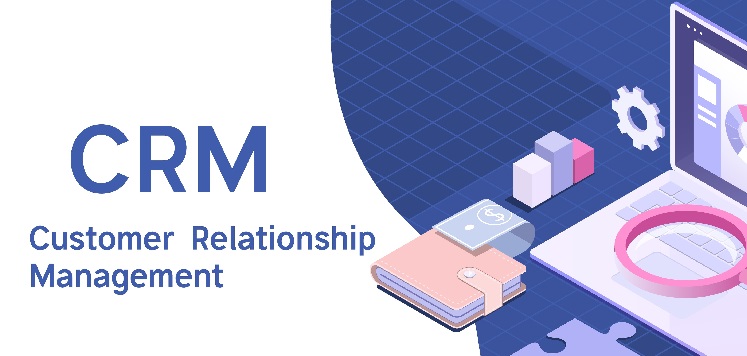Customer relationship management (CRM) is a crucial aspect of modern business. Every company needs to establish and maintain strong connections with its customers, and CRM software helps achieve this goal by providing valuable insights into customer behavior and preferences. However, to get the most out of your CRM tools, it’s important to integrate them with other software systems. In this article, we’ll explore the benefits of CRM integration, highlight the key types of integrations, and provide tips for getting started.
Benefits of CRM Integration
The main advantage of integrating your CRM with other software systems is the ability to streamline communication and optimize sales processes. With multiple tools and systems working together, you can collect more data about your customers, create more targeted marketing campaigns, and ultimately boost your business’s bottom line. Other benefits of CRM integration include:
– Improved data accuracy: Integration helps eliminate errors and inconsistencies that can arise when data is entered and stored in multiple systems.
– Enhanced productivity: Automation of certain tasks reduces manual data entry and saves time for sales and marketing teams.
– Increased collaboration: Teams in different functions can easily share data across systems and collaborate more effectively.
Types of Integrations
There are different types of integrations that you can implement to enhance the performance of your CRM system. Here are some of the key types of integrations:
Prospecting System
Integrating a prospecting system such as LinkedIn Sales Navigator with your CRM enables you to engage leads with personalized outreach. LinkedIn Sales Navigator provides features like InMail, related leads, and icebreakers within your CRM. These features allow you to better understand your leads and tailor your outreach for maximum effect.
E-Commerce Platform
If your company uses a Shopify store to sell products, integrating the platform with your CRM can automatically synchronize products, contacts, and orders so you have access to pertinent shopper information. This integration helps to create a seamless customer experience and provides insights that can be used to optimize your sales strategy.
Integrating your CRM with web form software such as WordPress, Unbounce, or Mailchimp captures viable leads. When someone submits a form on your website, the information is automatically added to your CRM. This integration helps you save time and reduces data entry errors.
Event Ticketing System
If you use Eventbrite for live event ticketing, integrating this system with your CRM can provide insightful data about which contacts are attending your events and how you can better connect with them in the future. This integration helps you build a targeted marketing strategy tailored to your specific audience.
Connector Integrations
Connector integrations act as third-party triggers or middlemen that facilitate the connection between your CRM and thousands of other apps. For example, Zapier is a popular connector integration that allows you to connect your CRM to other apps such as Slack, Trello, and Google Sheets. This integration helps you to create customized workflows that fit your business needs.
Using Make for Integrations
Make is an integration platform that allows you to connect your CRM to over 1,000 apps, enabling you to create customized workflows. With Make, you can automate tasks, sync data between apps, and streamline your entire workflow. This integration helps you save time, increase productivity, and optimize your sales strategy for maximum results.
Built-in integrations
Many CRM systems come with built-in integrations that connect to popular apps and software systems. These integrations use behind-the-scenes APIs to connect the apps, making it easy to set up and use them. For example, Salesforce, the leading CRM system, comes with built-in integrations for social media platforms like Twitter, Facebook, and LinkedIn.
Integrating your CRM with other software systems is critical for understanding customer behavior, streamlining communication, and optimizing sales processes. By integrating your CRM with other systems, such as prospecting tools, e-commerce platforms, web form software, event ticketing systems, and connector integrations, you can collect valuable data, create targeted marketing campaigns, and ultimately boost your bottom line. As your business grows, CRM integration with an ever-expanding number of business tools will only become more critical. So start exploring different integration options and take your business to the next level.

